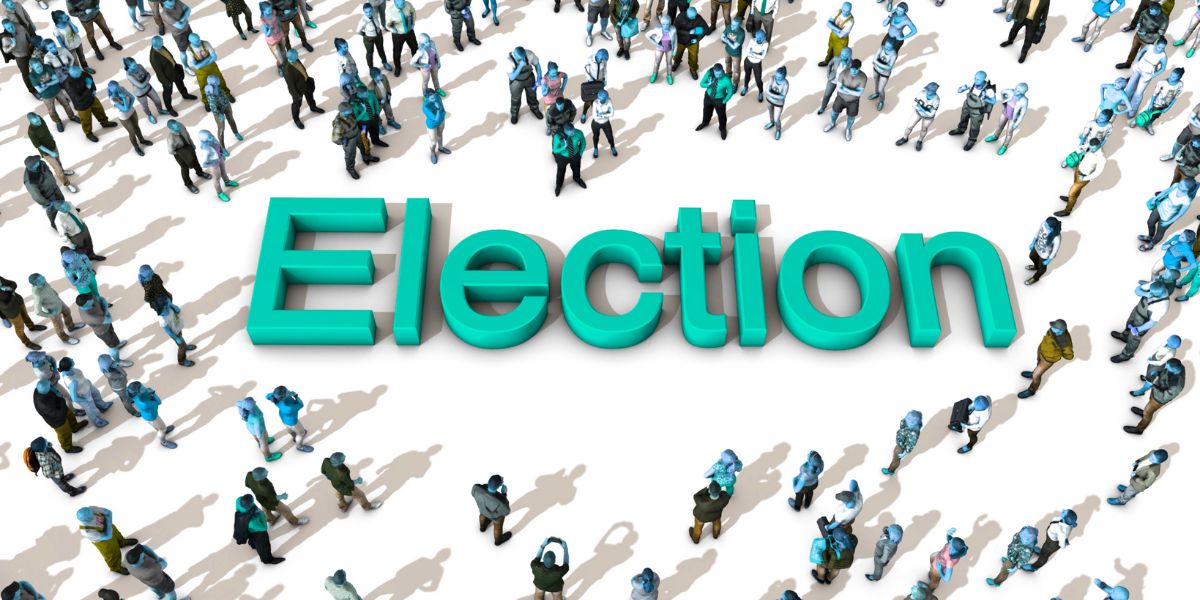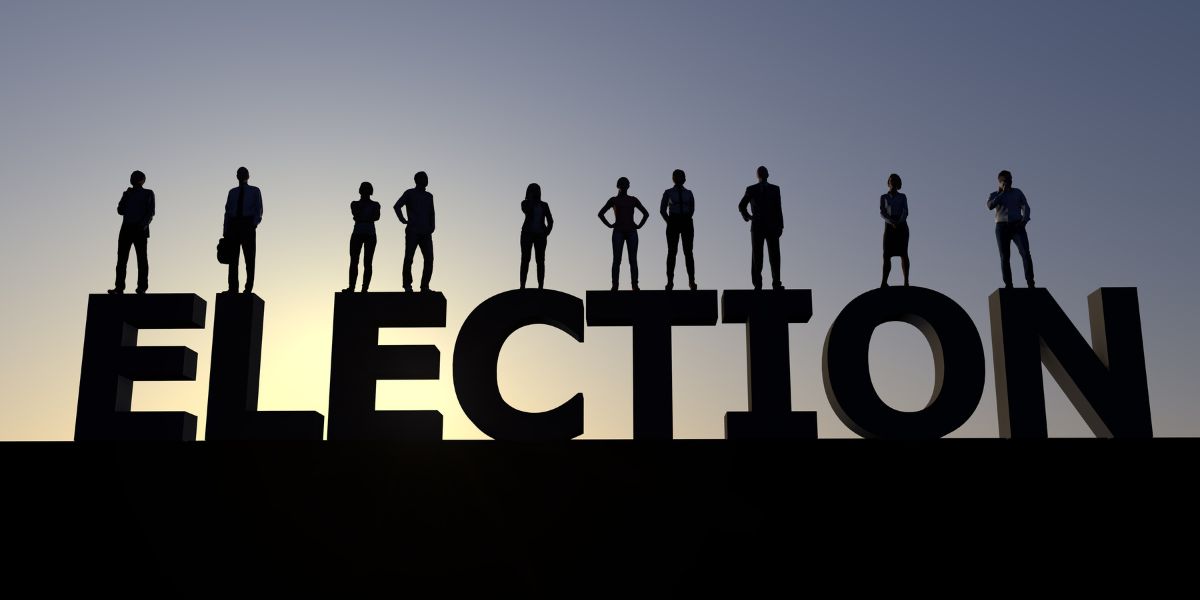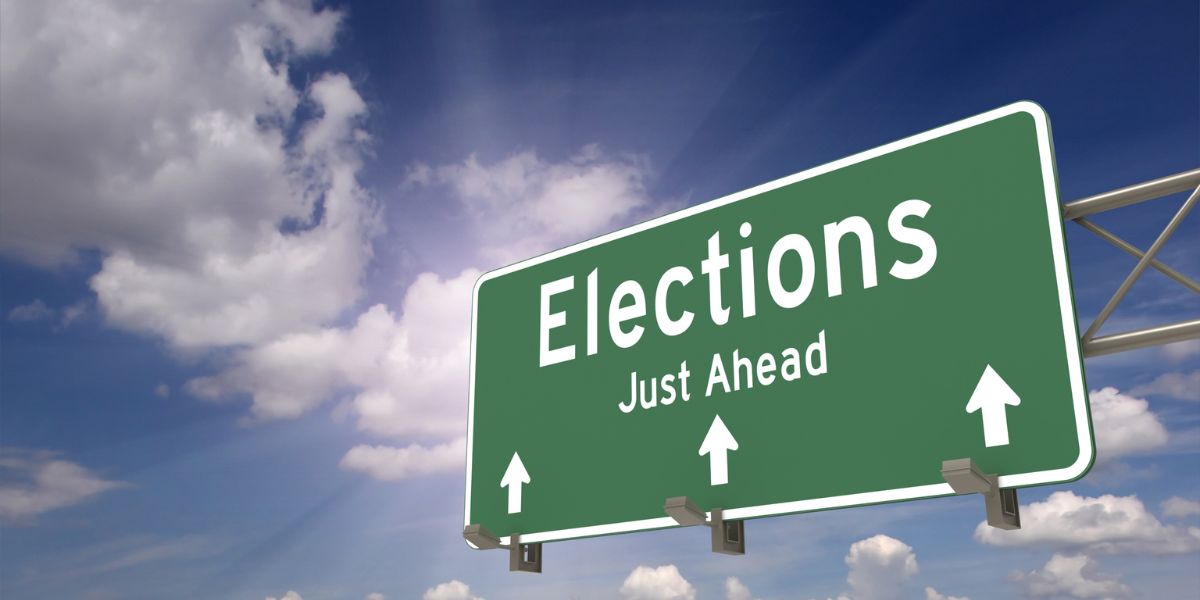Latest News
Top 10 Ways To Conduct A Free and Fair Election In Nigeria
We will discuss, in this article, the top 10 ways to conduct a free and fair election in Nigeria. The country can have free and fair…

We will discuss, in this article, the top 10 ways to conduct a free and fair election in Nigeria. The country can have free and fair elections, but it would require a concerted effort from all of its inhabitants.
Electoral rules should at the very least provide citizens with equal access to polling places and voting opportunities. They must also provide equal opportunities and conditions for all parties and candidates running in the election.
No doubt, the essence of democracy is elections. They enable citizens to choose their political leaders and keep them accountable. Elections, on the other hand, must be free and fair in order to perform their vital duty.
READ ALSO: Top 10 Most Influential Women In Africa (2022)
Everyone who is of voting age and willing to vote has the right to register as a voter and vote in a free and fair election. It also means that all registered political parties have the same opportunity to run for office. Furthermore, all votes are counted, and the results indicate the people’s will. The following are six key characteristics of free and fair elections:
Simply conducting an election isn’t enough: if some residents are barred from voting or the results aren’t properly tabulated, the election can’t be described as “free and fair.” Elections that are free, democratic, and fair are fundamental characteristics of a credible electoral system.
However, what does a free and fair election really means? Why is it a necessity for the coming election in the country?
What Is Free and Fair Election?
A free election is one in which all residents have the opportunity to vote for the candidate of their choice, and a fair election is one in which all ballots are counted fairly and equally.
To ensure a free and fair election, governments must meet certain conditions before, during, and after the election. These top 10 ways to conduct a free and fair election in Nigeria that follow define what constitutes an ideal. Most countries fall short of meeting them, but the more requirements are met, the more accurately an election expresses the people’s will.
READ ALSO: Top 10 Richest Women In Africa (2022)
Ways To Conduct A Free and Fair Election In Nigeria
Below is a list of the top 10 ways to conduct a free and fair election in Nigeria. A condition to be met before an election will be called free and fair.
1. Absence of Violence, Intimidation and Victimization
2. Citizens are able to register to vote
3. Secret Balloting
4. Electorates Have Access To Information
5. Location of Polling Stations
6. Enforcement of Electoral Law
7. Conducted by an Independent Body
8. Availability Of Security Personals
9. Transparency
10. Neutrality
1. Absence of Violence, Intimidation and Victimization
The voter’s right to vote and be voted for must not be harmed, and the candidate’s right to vote and be voted for must not be harmed. Fear and suspicion may arise as a result of violence and intimidation.
Furthermore, electoral regulations prohibiting impersonation, thuggery, arson, intimidation, and victimization of voters, as well as the theft of voting boxes, should be vigorously enforced.
2. Citizens Are Able to Register to Vote
Age, residency, and citizenship status can all be used by governments to limit who can register to vote. Governments cannot, however, block eligible voters from registering or make it more difficult for particular groups of individuals to register than others in order for an election to be free and fair.
Many Southern states, for example, compelled Black people to take literacy tests in order to register to vote until the Voting Rights Act was implemented in 1965. These tests were made to be impossible to pass in order to keep Black people from voting, implying that the elections held in these states during this time period were not free and fair.
3. Secret Balloting
In a free and fair election, secret balloting is required. A technique in which a voter votes in complete secrecy for the candidate or candidates of his choice is known as secret voting.
The voter is the only one who knows who he voted for, and he cannot be penalized for it. Because public voting violates democratic principles, this is the only permitted way of voting in a modern democratic state.
4. Electorates Have Access To Information
The location of voting locations should be communicated to voters in advance. At least one week before the election, a list of such polling booths should be posted at polling centres.
Governments can’t stop the media from covering specific candidates or political parties, and they can’t propagate misinformation on purpose. President Nkurunziza, for example, competed for a third term in Burundi’s presidential election in 2020. To keep journalists from reporting on the candidates who ran against him, his government threatened or imprisoned them.
READ ALSO: Meaning Of the Symbol in Tinubu’s Cap
5. Location of Polling Stations
Polling stations should be located in close proximity to voters’ homes. They should be placed in public spaces such as schools and stadiums, in particular. Polling booths should never be located in churches, mosques, or private residences where certain voters may be unable to reach them.
6. Enforcement of Electoral Law
For there to be a free and fair election, there must be An electoral law which offers specifics about the electoral laws and identifies the people who have qualified to participate in the election and the duties of political parties and the electoral commission. The law should be clear and acceptable to all the parties otherwise it leaves the apps which can be exploited by politicians.
7. Conducted by an Independent Body
For elections to be called free and fair, they must be conducted by an independent organization. The electoral commission must be recognized as an impartial arbitrator in both its composition and election behaviour, in which all parties to the election can place their trust and confidence. Unfortunately, most emerging countries are not so fortunate in this regard.
8. Availability Of Security Personals
There can be no free and fair election unless the police and other law enforcement personnel assigned to oversee elections display a high level of honesty and impartiality.
When called upon to intervene, they should not be political. The electoral commission should not, under any circumstances, consent to the militarization of the electoral process.
READ ALSO: 2023 Election: Top 3 Governorship Candidates in Oyo State
9. Transparency
Elections, including voting, counting ballots, and announcing results, must be conducted in a transparent manner. The counting must take place in public areas in the presence of political party leaders, and the results must match the poll. The end result must reflect the people’s actual desires.
10. Neutrality
Elections should be conducted in a fair, impartial, efficient, accurate, and transparent manner. There should be no bias on the part of the administration, and all candidates should be handled fairly.
Accuracy should also be respected to ensure that all votes cast are correctly tallied, ensuring that the results are a truthful reflection of the people’s will. For elections to be free and fair, institutions in charge of election management must fulfil their obligations and be accountable to the public.


